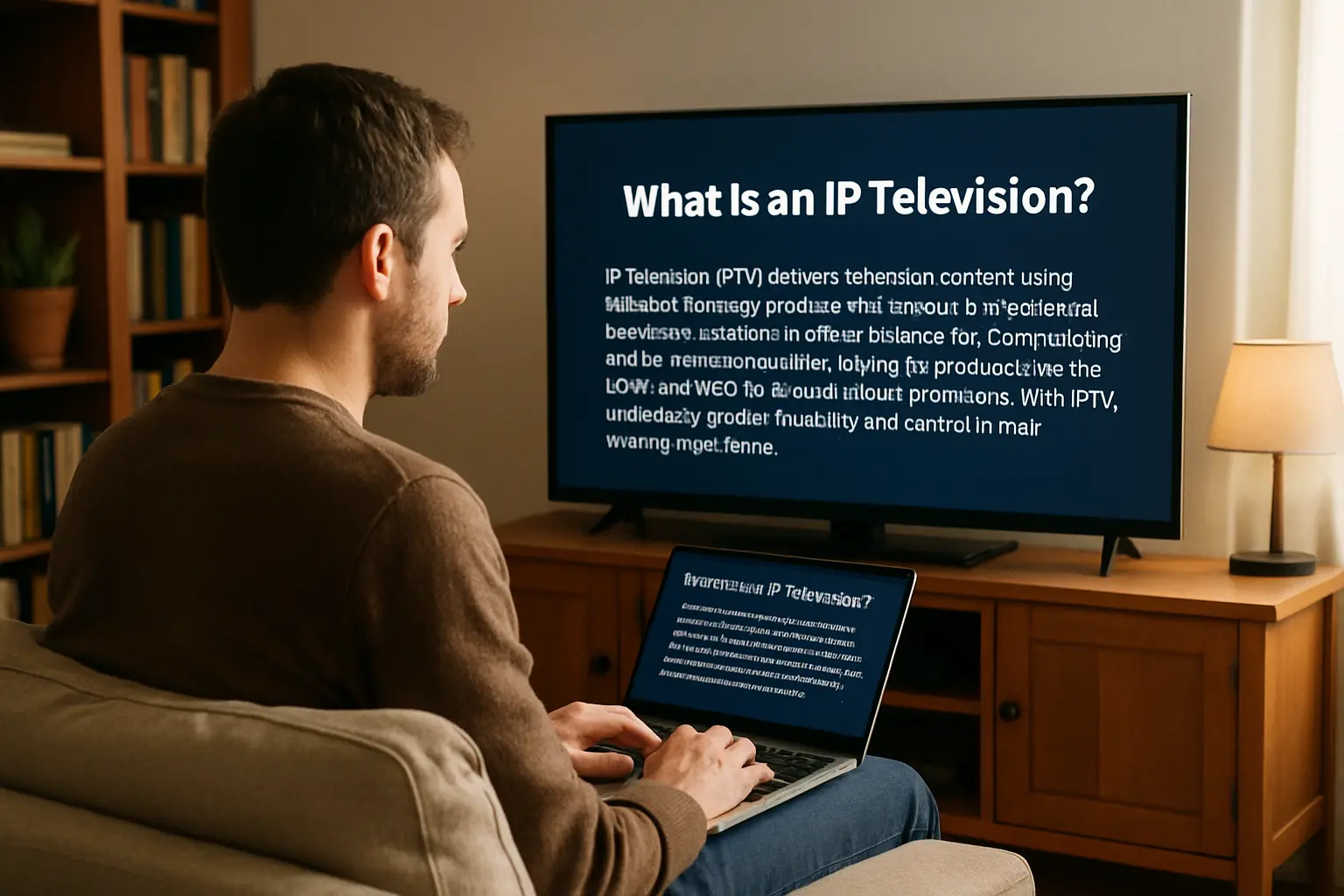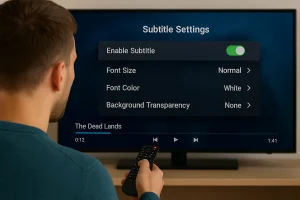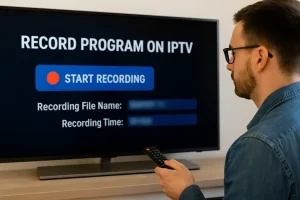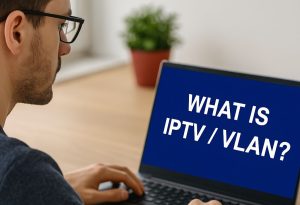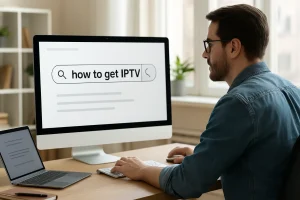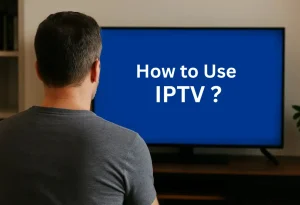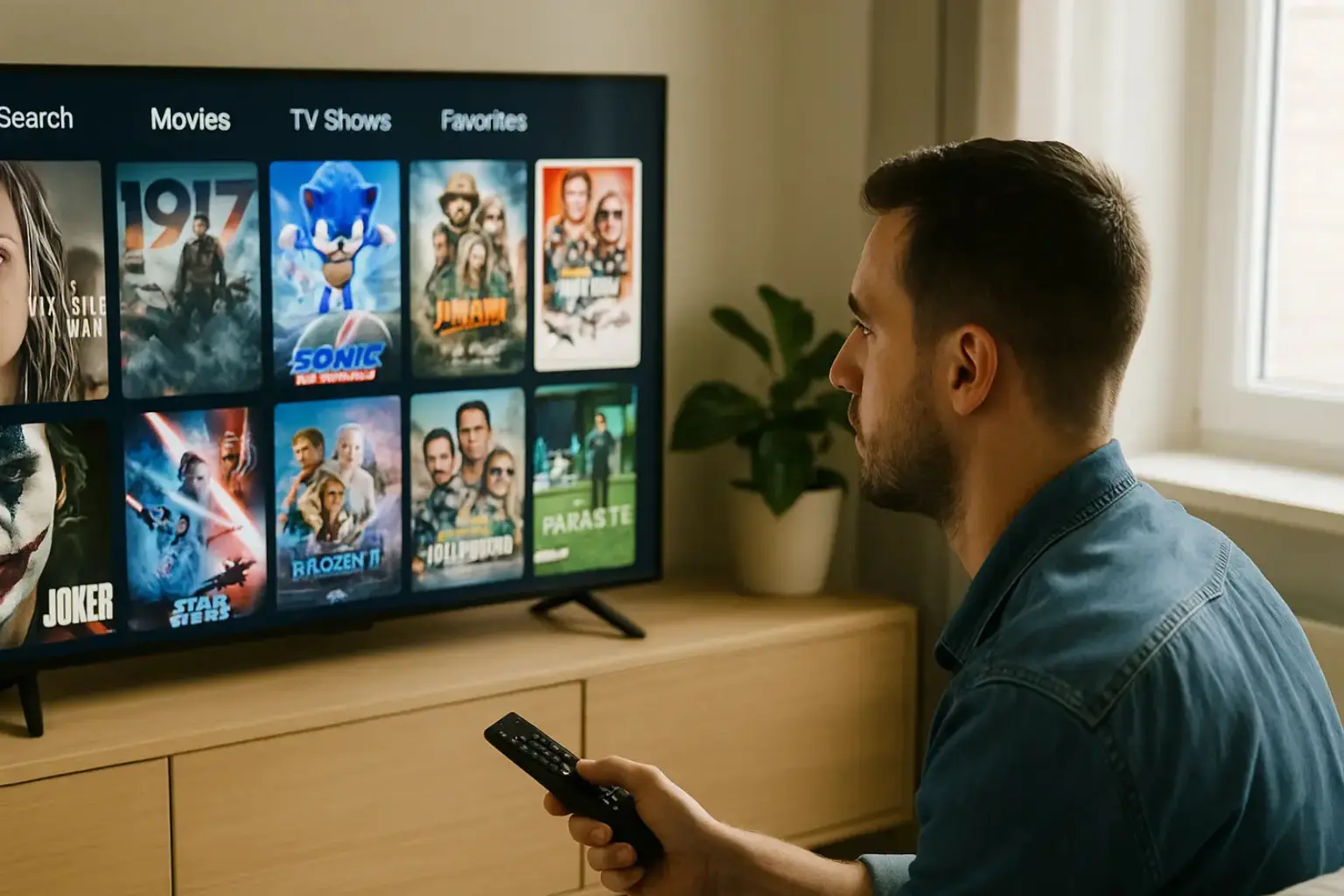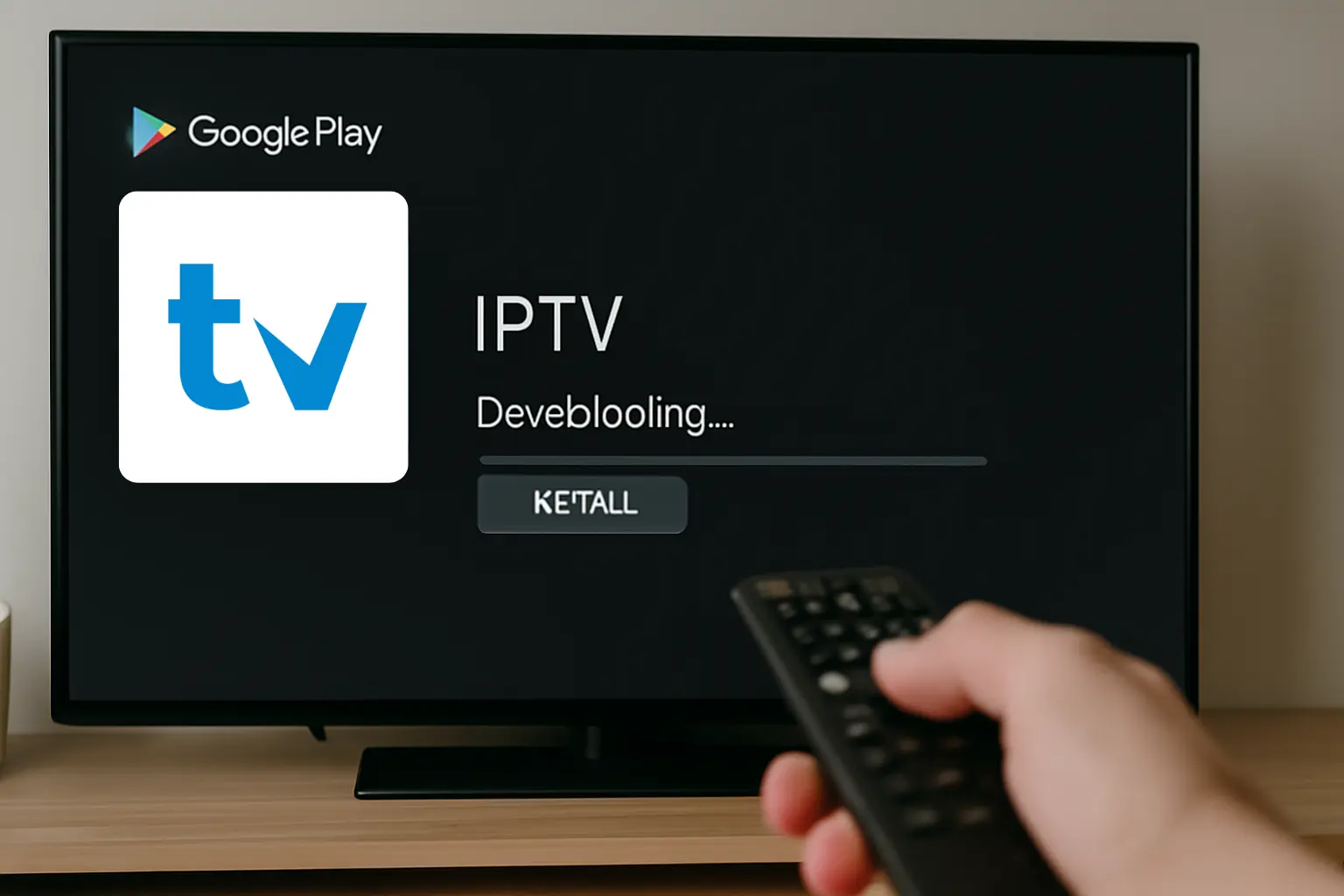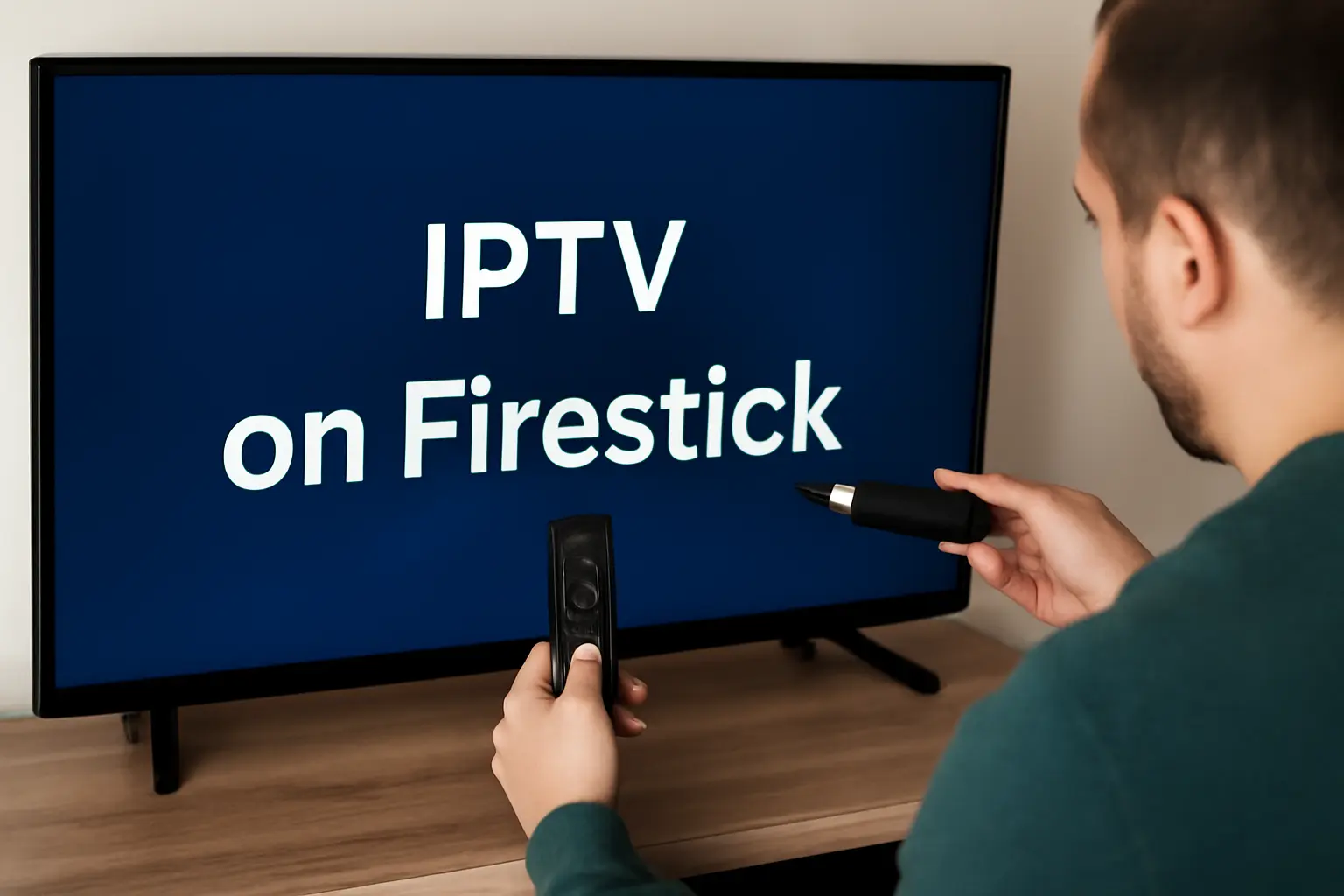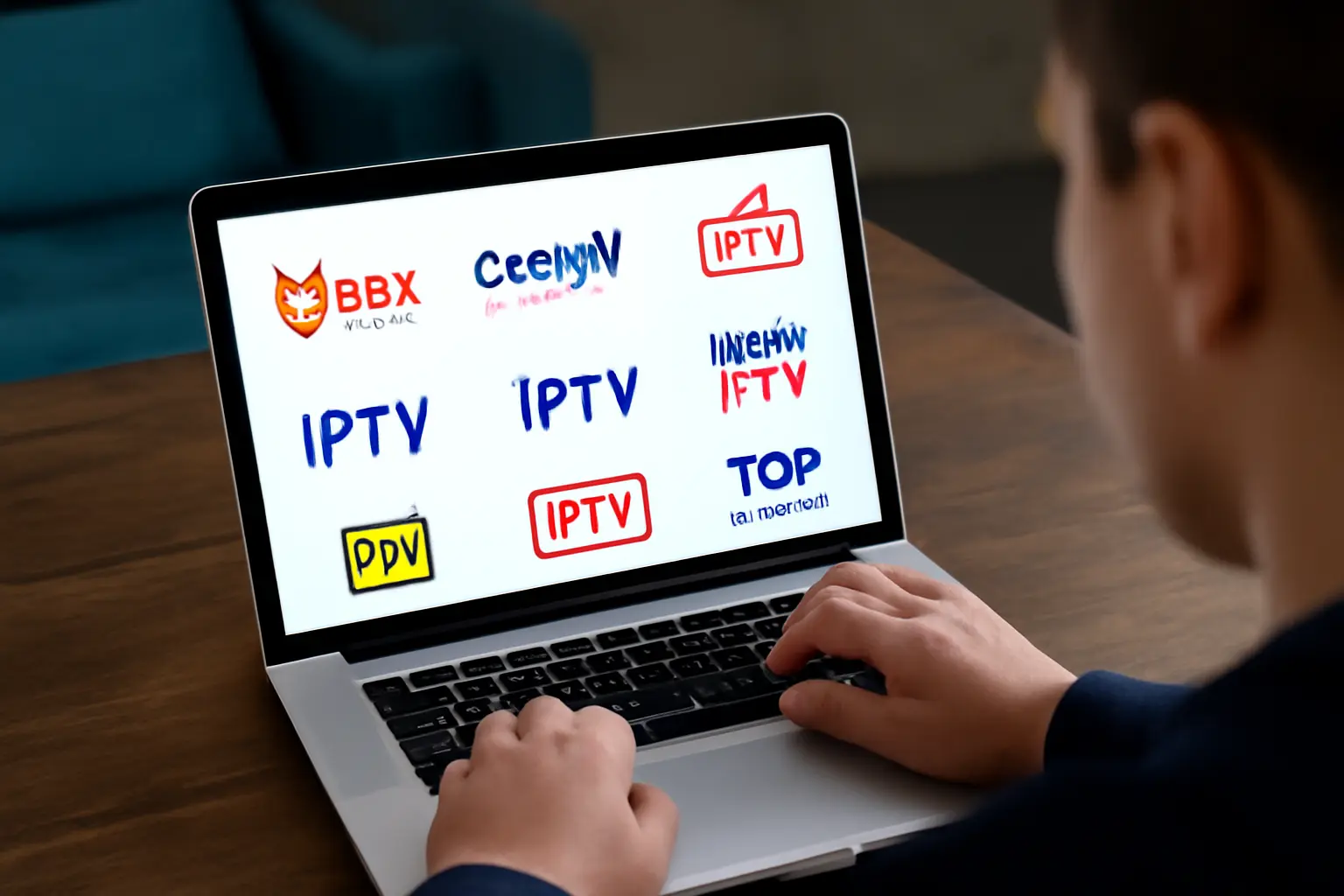IP Television, or Internet Protocol Television, delivers TV content using internet networks rather than traditional broadcast methods. It offers an interactive viewing experience with features like live streaming and on-demand content, utilizing protocols such as IGMP and RTSP for seamless data transmission.
The technology relies on advanced streaming protocols, CDNs, and user-end devices for efficient playback. Switching to IPTV ensures cost savings, flexible IPTV subscription, and global channel access. With various subscription options, you can choose the plan that best fits your viewing needs. Discover how IPTV’s innovative technologies might transform your viewing habits.
What Is IPTV and How Does It Work?
IPTV (Internet Protocol Television) is a method of delivering TV content over the internet instead of traditional satellite or cable signals. It works by streaming video data through internet networks using protocols like IP, IGMP, and RTSP.
IPTV offers on-demand content, live streaming, and interactive features, providing viewers with more flexibility in how they watch TV. By using CDNs and smart devices, IPTV ensures a seamless and high-quality viewing experience.
How Does IPTV Differ From Traditional Television?
IPTV and traditional television share the goal of delivering video content, but they differ in how they transmit and interact with users.
| Feature | IPTV | Traditional TV |
|---|---|---|
| Transmission Method | Internet via IP protocols | Cable or satellite with fixed signals |
| Streaming Quality | Dynamically adjusts based on connection | Fixed quality, often dependent on signal |
| User Interaction | Pause, fast-forward, on-demand content | Linear broadcast with fixed programming |
| Content Variety | Wide choice of channels and international content | Limited, often regionally constrained |
IPTV offers more flexibility, with better streaming quality and more interactive options.
What Are the Components of IPTV?
The IPTV system relies on several key components to ensure efficient streaming. These include:
- IP Networks: Facilitate the transmission of data with streaming protocols like HLS and MPEG-DASH.
- Content Delivery Networks (CDN): Distribute content from geographically distributed servers for better reliability.
- User Devices: Decode video streams for smooth playback on various devices.
These technologies ensure an optimal service quality, reducing lag and improving the user experience.
What Are the Benefits of Switching to IPTV?
Switching to IPTV offers several advantages:
- Significant Savings: More affordable than traditional cable services with flexible subscription plans.
- Content Variety: Access a vast range of channels, on-demand shows, and international broadcasts.
- Multi-Device Accessibility: Watch your favorite shows on your TV, smartphone, or tablet, anytime and anywhere.
IPTV adapts to your preferences, allowing you to pay only for the content you want.
What Is the Future of IPTV in the Entertainment Industry?
IPTV continues to evolve with the integration of new technologies, offering an even more personalized and smooth viewing experience. Here are the trends to watch for:
- Content Personalization: IPTV uses algorithms to tailor content to your preferences.
- Cloud Streaming: Smooth access from different devices.
- 5G Integration: Fast streaming with low latency.
- Interactive Features: Viewer participation with live polls and social media integration.
The future of IPTV depends on cutting-edge technologies that will further transform the viewer’s experience.
Frequently Asked Questions
How Do I Set up IPTV at Home?
To set up IPTV at home, connect your IPTV devices to your TV and internet. Download an IPTV app, input the provider’s URL, and configure settings. Ensure your network supports IPTV setup to avoid buffering issues.
Is IPTV Legal in All Countries?
You can’t assume IPTV is legal everywhere; iptv regulations vary globally. Analyze each country’s specific laws and global legality issues. Some regions have strict controls, while others may lack comprehensive legal frameworks addressing IPTV usage.
What Are the Common Issues With IPTV Services?
You’ll often encounter buffering issues with IPTV services, impacting stream quality. Analyzing subscription costs, they vary widely, potentially affecting affordability. Technical solutions like optimizing bandwidth can mitigate buffering, but cost variations necessitate careful provider selection based on budget constraints.
Can I Record Shows With IPTV?
Yes, you can record shows with IPTV. Many services offer IPTV recording through built-in DVR capabilities. However, availability varies by provider, so you’ll need to check if your service supports this feature for optimal functionality.
Are There Parental Controls Available on IPTV?
Yes, you can set up parental restrictions on IPTV. These controls offer content filtering options, allowing you to block unsuitable material. By customizing these settings, you ensure a safe viewing experience tailored to your preferences and family needs.

